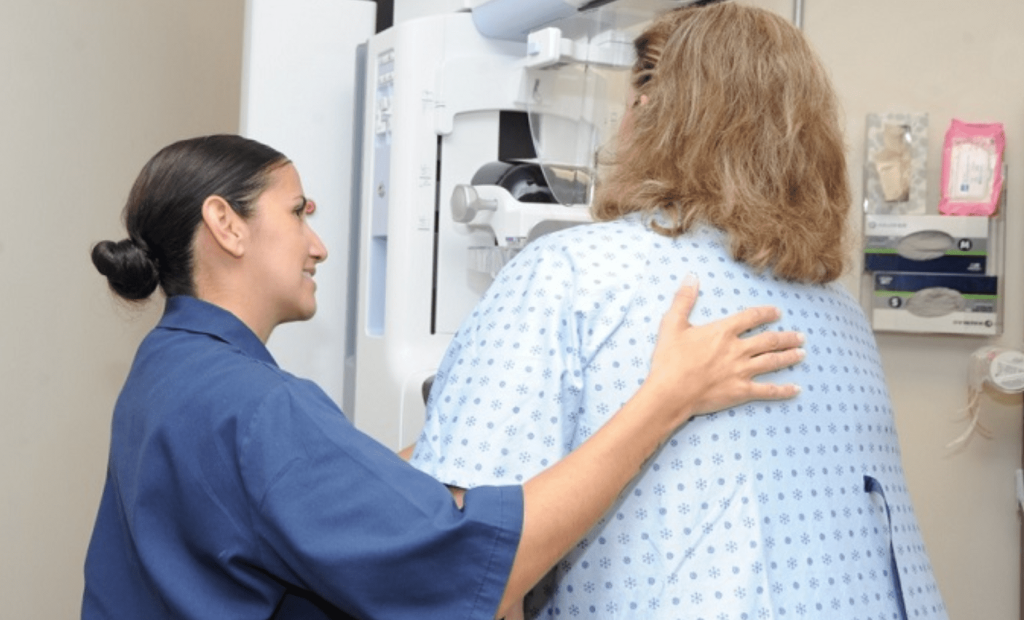No matter who you are, where you live, or what kind of socioeconomic background you come from, you’ve likely known someone who’s been impacted by breast cancer.
That’s why this news from the world-renowned Mayo Clinic in Jacksonville, Florida, is potentially so groundbreaking. The institution recently announced that a vaccine that could stop the recurrence of breast and ovarian cancer, that could even stop them from developing in the first place, may be available within eight years.
The vaccine is in the early stages of development, and it would be at least three years before it was available to large numbers of patients. Mayo Clinic investigator Keith L. Knutson said, “It is reasonable to say that we could have a vaccine within eight years that may be available to patients through their pharmacy or their doctor.”
Staff at the clinic already have two vaccines against breast cancer, and they’re currently worked on the third one. This latest vaccine is intended to fight DCIS, ductal carcinoma in situ, a non-invasive breast cancer that appears in 300,000 new cases each year.
Knutson added, “We know that they’re safe. We know that they stimulate the immune system [to fight cancer]. We know that they have had a positive impact on ovarian and breast cancer. We haven’t seen any adverse events that are causing problems other than irritation in the area similar to a flu vaccination. Now we have to convince the FDA, through solid, rigorous clinical trials that we’re seeing what we’re seeing.”
This “Phase 3″ clinical trial could potentially cost millions of dollars to carry out, which is why the process takes years. The vaccines the clinic is working on are intended to boost the body’s immune system and kill cancer cells. Knutson said, “If you develop a cold or something like that, you do develop an immune response, and that actually doesn’t necessarily prevent the disease, but it keeps it at bay and it helps clear it.”
Knutson added that the Mayo Clinic is working on the foundation they’ve already established to attempt to further develop their cancer-fighting vaccines. This may be a few years away, but it gives hope, both to women currently fighting cancer and to those who fear developing it in the future.






